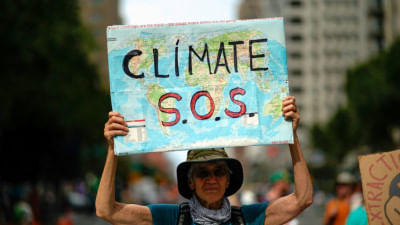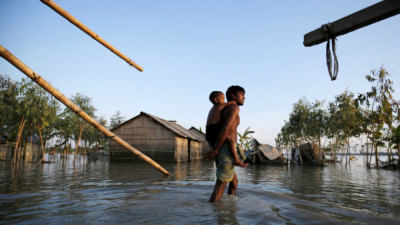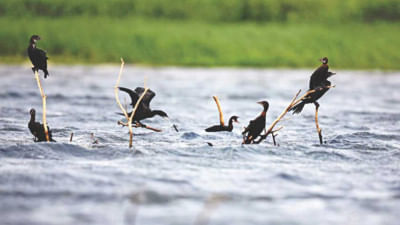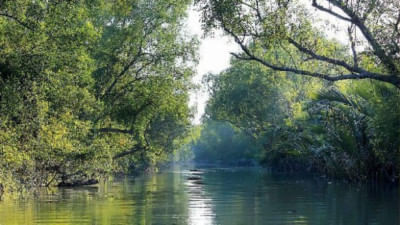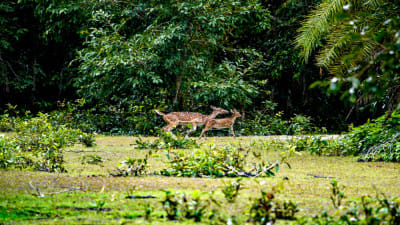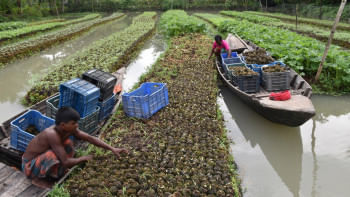
Haseeb Md. Irfanullah
Dr Haseeb Md. Irfanullah is an independent consultant working on the environment, climate change, and the research system. He is a visiting research fellow at the University of Liberal Arts Bangladesh (ULAB). He can be reached at [email protected].
